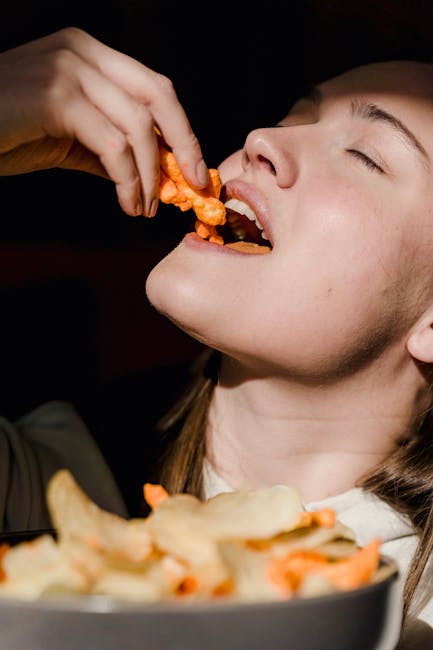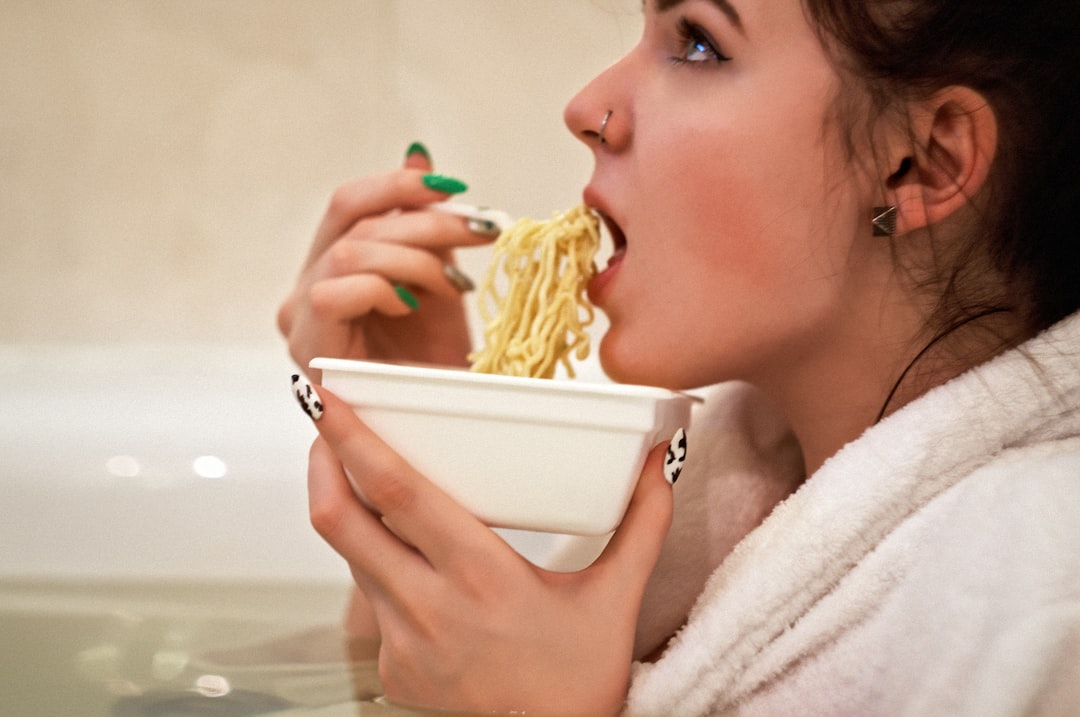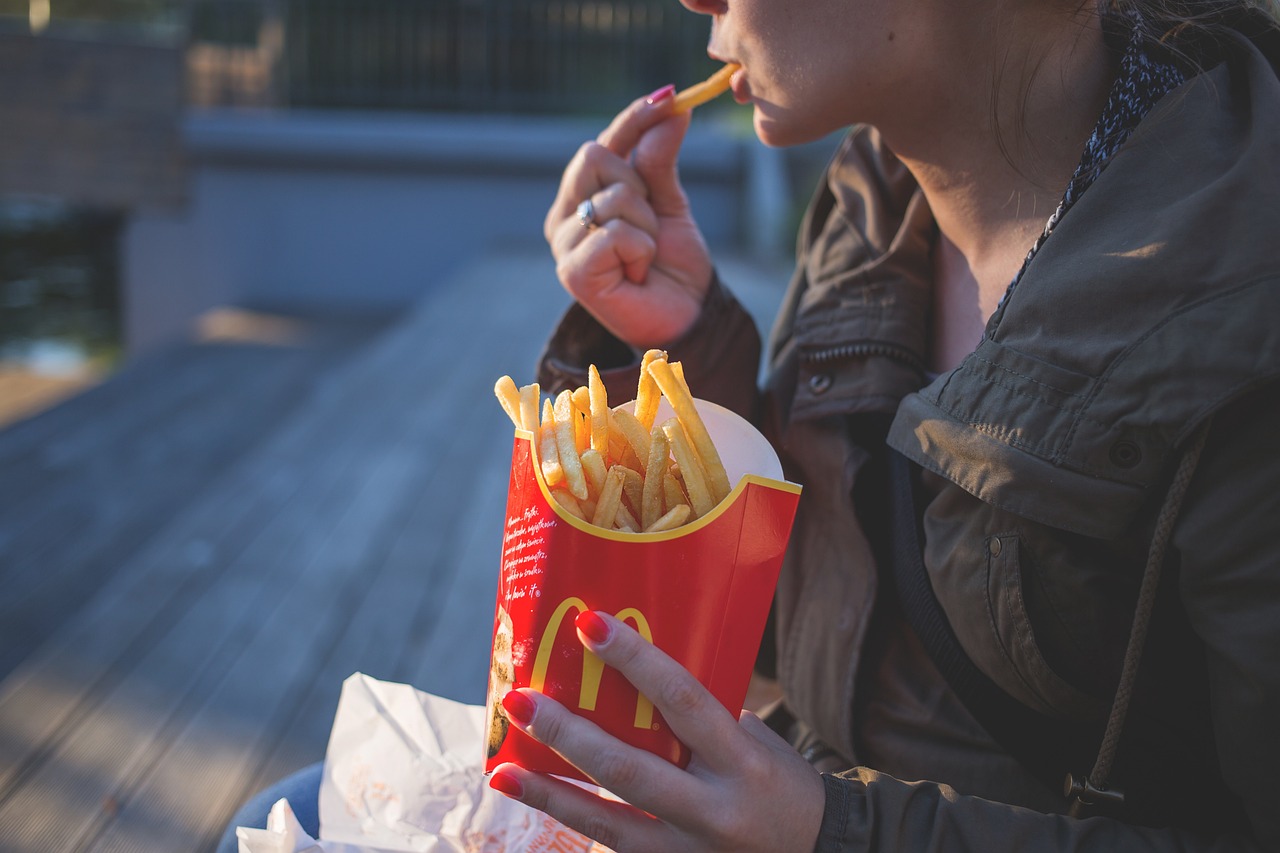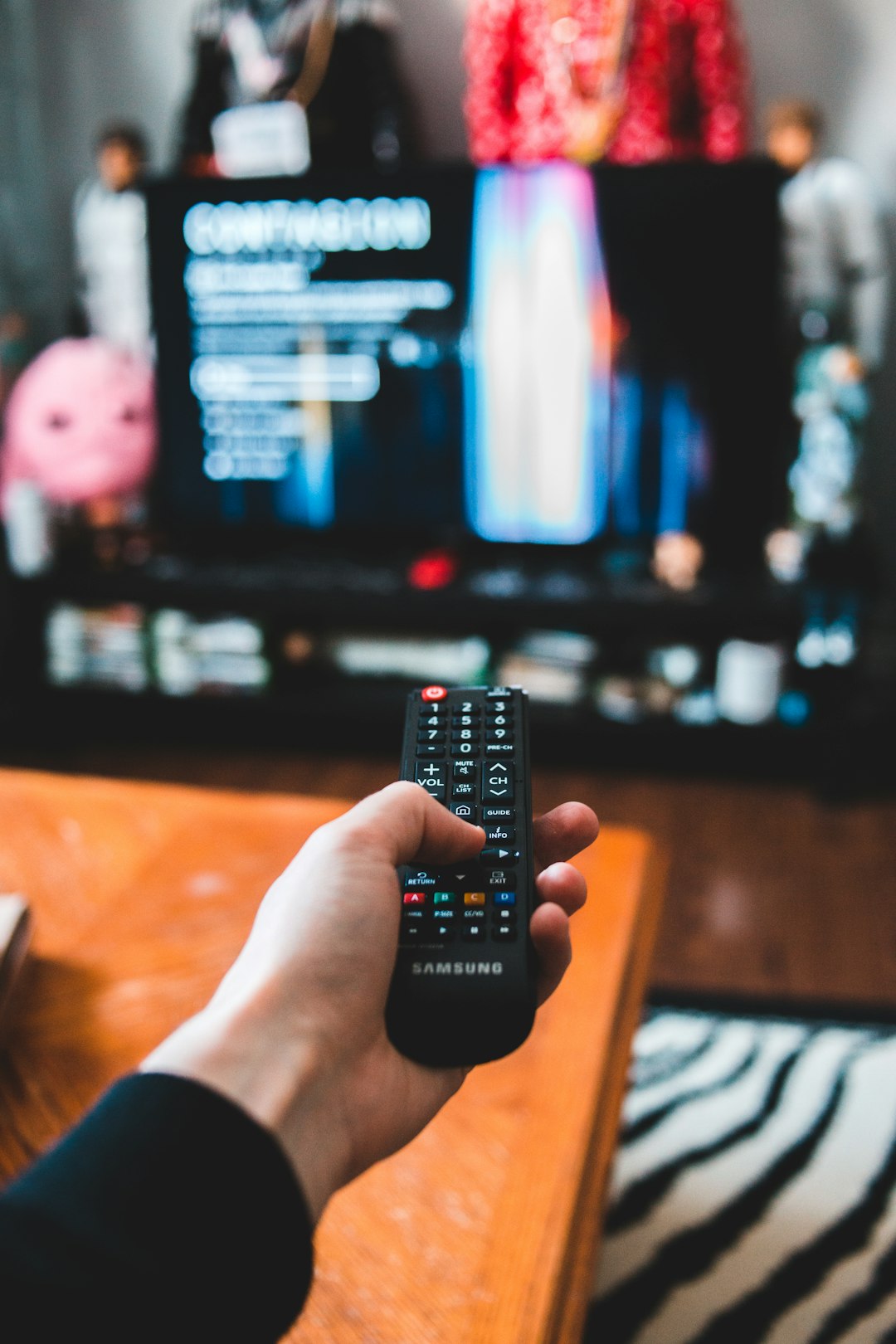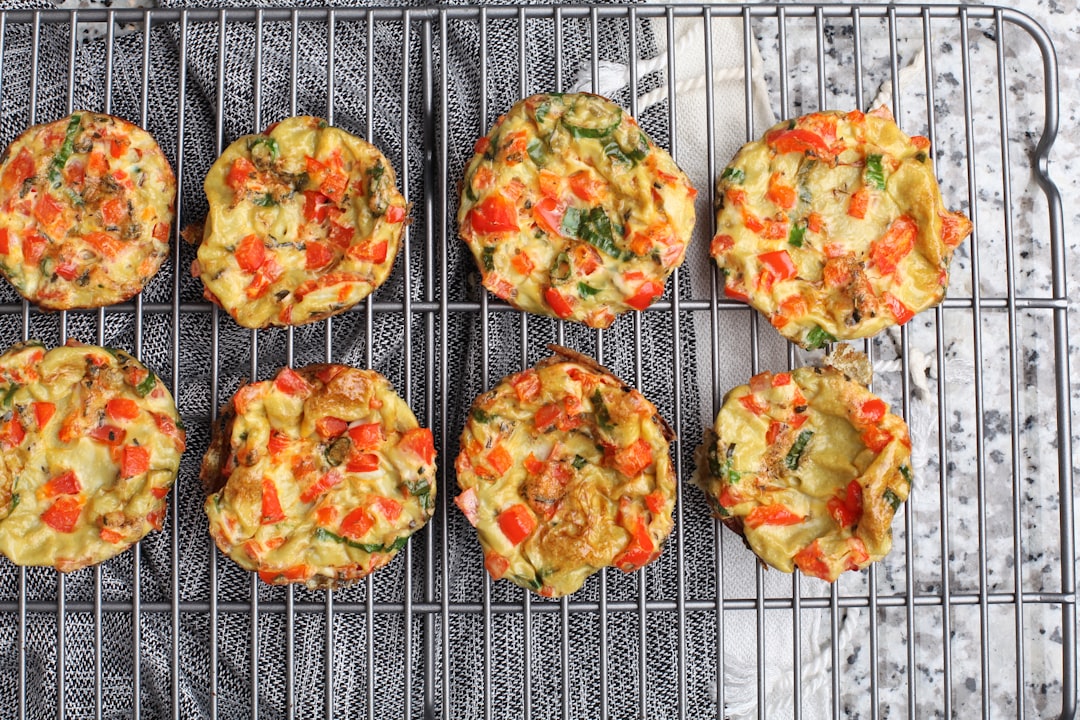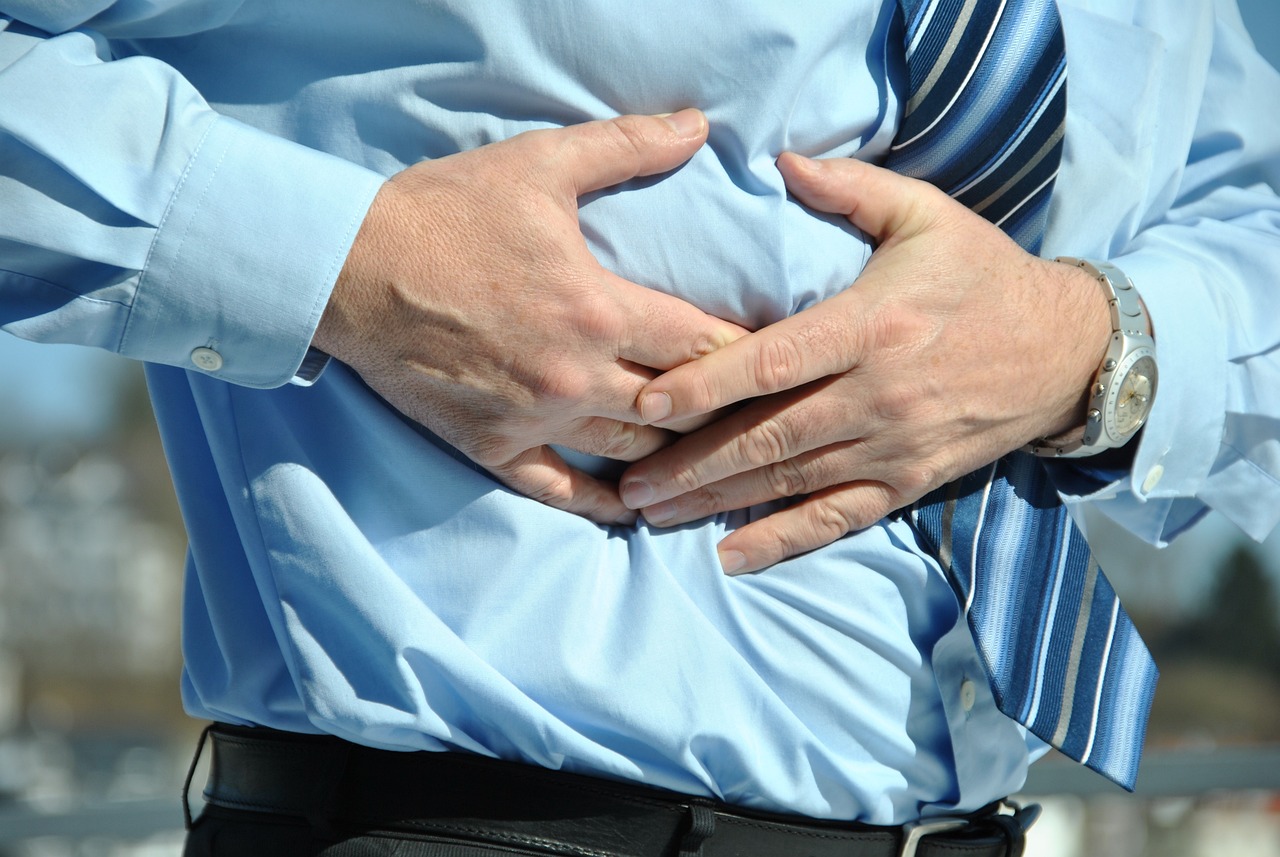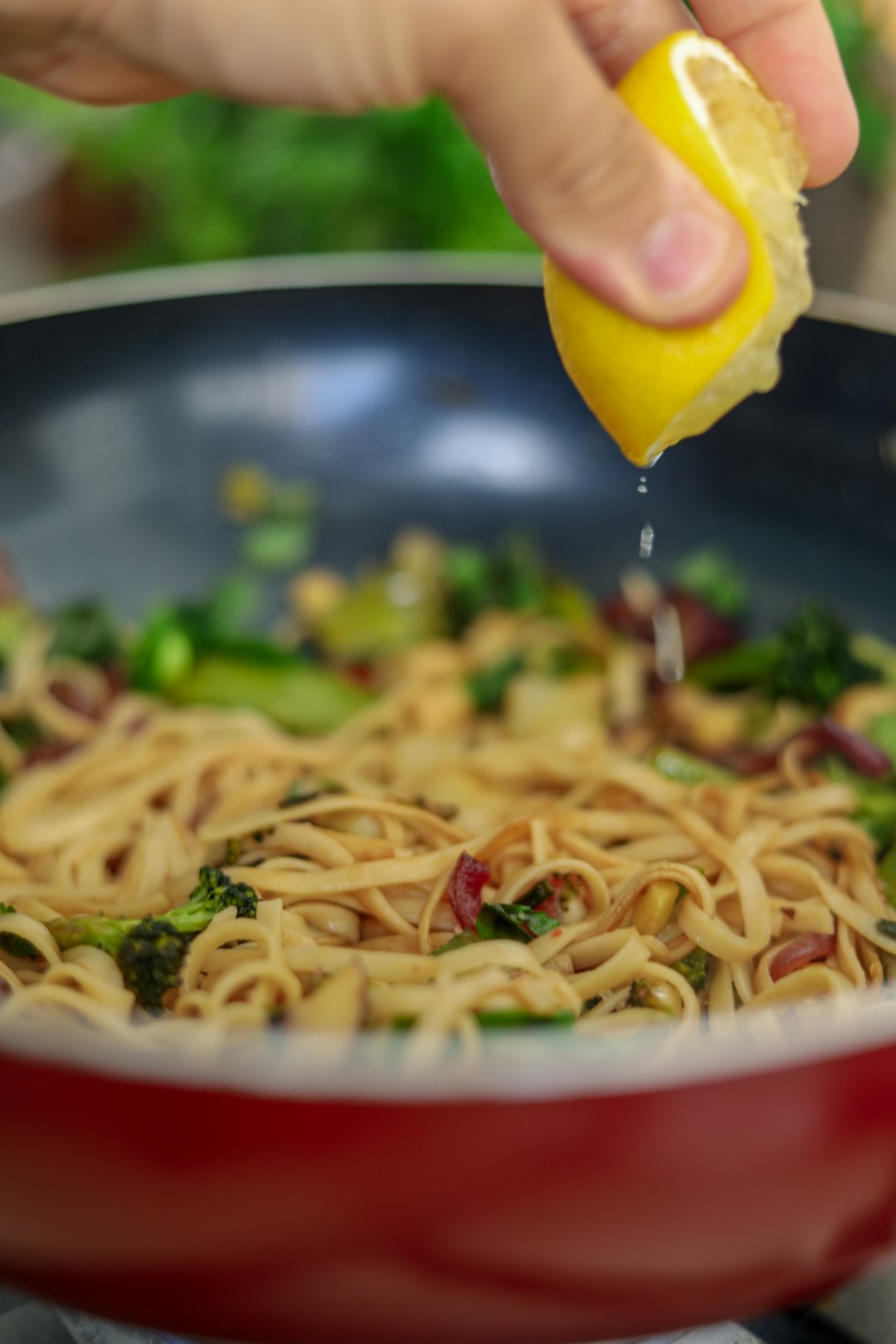Eating Your Feelings
Although we need food to function throughout the day, it’s all too easy to develop an unhealthy relationship with the products we eat. This could be an addiction to sweets or a proclivity to avoid carbs. But when it comes to emotional eating, it may be hard to realize you have a problem in the first place.
 Photo by Alena Darmel on Pexels
Photo by Alena Darmel on Pexels
1. Are You Hungry?
The first question you should ask yourself before you reach for that bag of chips is if you’re actually hungry. Does your stomach feel empty or tight, do you feel hunger pangs? Do you feel anything at all? Oftentimes, emotional eaters eat even when they’re not physically hungry.
2. Reaction Eating
Is eating simply a reaction for you? For example, do you get some crackers to keep your hands busy while you watch TV? Or is ordering takeout after work a habit you’ve developed? Relying on food to get us through the day can be burdensome.
3. You’re Bored
Sometimes we eat because we have nothing else to do. Perhaps you have nothing to do after work, so you get to work digging into some nachos while you scroll your phone. It’s definitely something to do, but it can quickly become a problem.
4. Stress Makes You Eat
Most emotional eaters rely on food to get them through stressful situations.
For example, if you’re feeling low self-esteem or received some bad news, your first instinct might be to get the ice cream out of the freezer.
5. You Eat to Avoid
Eating is a way to avoid the harder things in life. Maybe there are chores piling up, or your partner needs your help with something. Instead of prioritizing your responsibilities, you use eating food as a distraction and a way out.
6. Eating is a Treat
For some people, food is the ultimate reward. You might promise yourself some pizza if you can make it through a tough workday, but if you do that every single day of the week, then you have a problem.
7. It’s Automatic
For some emotional eaters, there is no rhyme or reason to the eating. They simply do it without thinking about it or realizing what’s happening. Your body naturally gravitates toward the kitchen, or you find yourself munching on a chocolate bar with no forethought.
8. You Crave It
Some emotional eaters describe the experience as a battle. They know that they don’t need the chocolate bar, but they can’t stop thinking about it; they can’t stop craving it. Even if they’re not hungry, it’s an irresistible temptation.
9. You Feel Off After
While an emotional eater will feel content while eating, they will also feel empty once the eating stops.
If you find yourself looking for your next fix, whether that be a snack or a dessert, then you might be an emotional eater.
10. You Relapse
For some emotional eaters, food dependency can lead to issues with weight and nutrition. Despite their best efforts to diet, these people are prone to relapsing—and relapsing hard. Their cravings come back with a vengeance because they’re not tackling the emotional issue within.
Now that we have discussed signs indicating an emotional eating problem, here are 10 things you can start doing now to break the cycle.
1. Keep a Journal
If you’re the kind of eater who doesn’t even realize how often they’re eating, then food journaling will help you keep track of what’s going into your body. Writing it out and seeing the bigger picture can be very helpful.
2. Identify Trigger Foods
Most emotional eaters have trigger foods, which are the subject of their cravings. Maybe you find yourself always ordering the same takeout, or you keep a certain snack in the cupboards. Once you know what your trigger food is, you can make attempts to avoid it.
3. Identify Trigger Behaviors
Similar to trigger foods, most emotional eaters are susceptible to trigger behaviors. Try to identify what you’re doing when you start emotionally eating. Perhaps you always crave eating at the same time of day, or you find yourself itching for a snack whenever you watch TV.
If you can identify the behaviors that start the cycle, you can work to overcome them.
4. Meal Plan
Meal planning is a great way to control your food habits. By laying out a thoughtful and organized plan for your micro and macronutrients, you can be more mindful of what goes into your body.
5. Check Your Hunger
The next time you reach for a snack, be sure to ask yourself if you're hungry. Try drinking some water first, too, as dehydration can confuse our bodies. Of course, if you are feeling hungry, feel free to partake.
6. Be Compassionate
Emotional eating is a personal and complex issue, which is why overcoming it requires compassion. Don’t be hateful toward yourself, and don’t try to quit cold turkey. For emotional eaters, it’s all too easy to relapse with a vengeance.
7. Deal With Stress
If you find yourself using emotional eating to avoid stress, then dealing with that stress might be your best way out. Figure out what’s troubling you and take it head-on. It won’t be easy, but your body will thank you in the long run.
8. Busy Your Hands
Idle hands can lead to all sorts of trouble, especially if your body has a habit of distracting itself with chips or snacks. Similar to fidgeting, an emotional eater enjoys the action of eating.
If you find something else to keep your hands busy with, it’ll be easier to let the food go.
9. Replace the Reward
If you use food as a reward, then you’ll need to find a new treat to encourage yourself. This could be playing a video game or rewarding yourself with an impromptu shopping trip.
10. Be Patient
Overcoming emotional eating is a tough and long journey, which is why patience is your best friend. If you are too hard on yourself, you’ll fall off the wagon. This is why it is important to take your time and make changes slowly. If in doubt, consult a dietitian, as many are equipped with tools and knowledge to help with emotional eating.
KEEP ON READING



